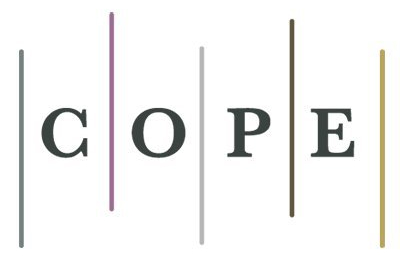Power, Creativity, Innovation, and the Aesthetics of Existence in Contemporary Society and Organizations
Keywords:
power, power relations, existence as a work of art, aesthetic of existence, transhumanist movementAbstract
This article examines the potential discrepancies between the discourse surrounding an aesthetics of existence focused on innovation, personal empowerment, self-entrepreneurship, ownership, and creativity, and the persistent presence of deep-rooted contradictions within contemporary organizational mindsets and business models. Drawing on the works of Nietzsche, Foucault, and Deleuze, this analysis exposes these contradictions and their implications for understanding power dynamics within organizations. Despite the acknowledgement of the significance of human subjectivity, control mechanisms persist, undermining the transformative potential of these ideals. This persistence highlights the contradictions that exist between the proclaimed values of organizational discourse and the actual practices that perpetuate control and hinder genuine empowerment. Addressing these contradictions necessitates a comprehensive reassessment of organizational mindsets, management practices, and the broader social and economic context. By incorporating the insights of these authors, a more critical and nuanced understanding of power dynamics can be attained. This understanding can enable organizations to instigate meaningful change, thereby unleashing the true power of human subjectivity as a driving force for innovation and empowerment. This article underscores the urgency of confronting the contradictions between rhetoric and reality within organizations. Integrating the insights of Nietzsche, Foucault, and Deleuze provides a framework for scholars and practitioners to engage in a critical reassessment of organizational mindsets, practices, and their far-reaching implications. This research calls for further exploration, prompting a deeper inquiry into the transformative potential of an aesthetics of existence and its profound impact on organizational practices and mindsets.
Downloads
Downloads
Published
How to Cite
Issue
Section
License
This work is licensed under a Creative Commons Attribution 4.0 License.
The O&S adopts a Creative Commons Attributions License 4.0 in all published works, except where specifically indicated by copyright holders.





